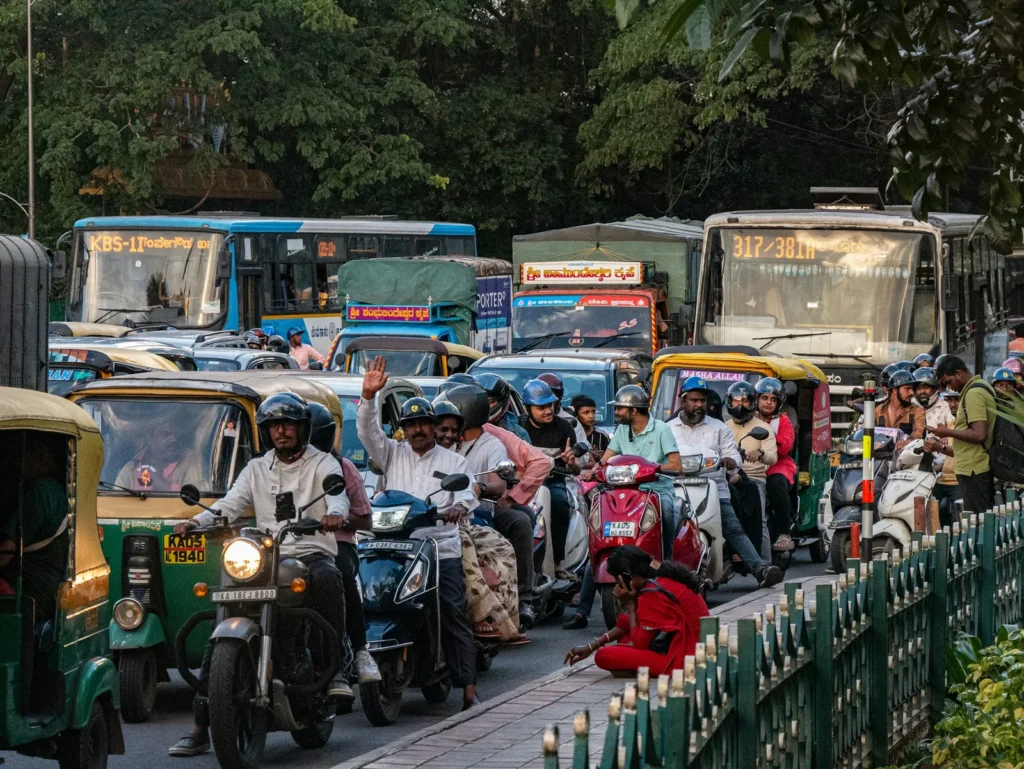India- The Delhi government is moving forward with an ambitious plan to introduce an Artificial Intelligence-based Automatic Number Plate Recognition (ANPR) system to detect traffic violations, partnering with a private company under a public-private partnership (PPP) model. The proposed arrangement will see the selected company install, operate, and maintain high-tech AI cameras for 20 years. In return, the company would share revenue generated from penalties collected from traffic offenders. This initiative aims to bolster traffic management through state-of-the-art technology while minimizing government investment, according to a Times of India report.
To kickstart the process, the transport department has already released a request for proposals, seeking agencies with expertise in high-resolution, AI-supported cameras. These cameras are expected to be deployed at 500 key traffic intersections initially, with potential plans for further expansion. The move builds upon the existing network of around 350 ANPR cameras operated by the traffic police, which currently monitor common violations such as speeding and signal jumping. Furthermore, Delhi’s broader surveillance network includes over 200,000 cameras managed by various departments, providing comprehensive city-wide coverage. Expanding this system to cover additional intersections and to enhance capabilities requires considerable technical and financial resources. Officials believe that partnering with a private entity under a revenue-sharing model will make it possible to bridge this gap and attract skilled companies to execute the project efficiently.
The advanced capabilities of the new AI-based ANPR system promise a significant enhancement in monitoring. Unlike current setups, the proposed system will detect a wider range of violations across all vehicle types, including two-wheelers, private cars, and commercial vehicles. Complex infractions such as driving in the wrong lane, two-wheelers on footpaths, and vehicles without valid pollution certificates or insurance will also come under scrutiny. Importantly, the AI-powered cameras will be integrated with the Vahan database, enabling them to identify end-of-life vehicles, flag expired insurance, track stolen vehicles, and detect repeat offenders. This multifaceted monitoring aims to enhance road safety, enforce traffic regulations more effectively, and reduce congestion in the capital.
The project has already garnered interest from over 10 companies, which participated in a pre-bid meeting to discuss the scope and details of the initiative. Officials are optimistic that a company will be selected within two months, following which the installation of cameras and a dedicated service center would commence within 30 to 45 days of the contract being finalized. The initiative represents a long-term investment in traffic management and is expected to streamline enforcement processes, reduce human dependency, and significantly improve compliance with traffic laws in Delhi. The move exemplifies how modern technology and public-private collaboration can reshape urban infrastructure and address pressing civic challenges.





